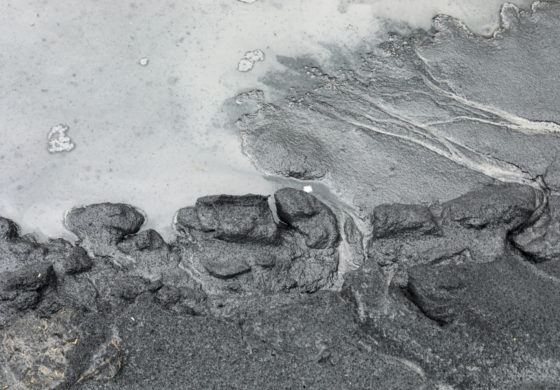Press Release
Gov. Ralph Northam, Virginia House of Delegates Speaker Kirk Cox, and a bipartisan group of legislators announced Thursday (Jan. 24) a historic agreement to clean up large coal ash ponds in Chesapeake City and the counties of Prince William, Chesterfield, and Fluvanna.
The agreement, supported by Democratic and Republican members of both the House and Senate, requires more than 27 million cubic yards of coal ash be removed from unlined ponds in areas adjacent to major waterways.
“This agreement represents a key breakthrough in preserving our natural resources and protecting water quality,” said Northam. “Our effort will ensure we are disposing of coal ash in the safest, most environmentally responsible way, and I want to recognize the General Assembly and members of my team for coming together around a solution.”
At least 25 percent of the ash will be recycled for beneficial use, with the remainder disposed of safely in modern lined landfills. The bill also limits the amount of removal costs that can be recovered from ratepayers in any given year, and includes language to minimize transportation impacts of closure activities on nearby communities, promote the training and hiring of local workers, and encourage further recycling and beneficial reuse.
Concerns about using an approved, but potentially inadequate, closure method for these ponds called “cap in place” led the General Assembly to impose a moratorium on closure the last two years while alternatives were explored. The recycling report released by Dominion Energy in November 2018 showed that much more of this material than previously thought is valuable for beneficial reuse, such as making bricks or concrete.
“Clean closure of these sites will reduce the likelihood of a massive spill that could devastate tributaries to the Chesapeake Bay, and remove the possibility of contaminated groundwater,” said Secretary of Natural Resources Matthew J. Strickler. “We have invested too much in protecting and restoring water quality in the Commonwealth to risk a setback that we know is preventable.”





